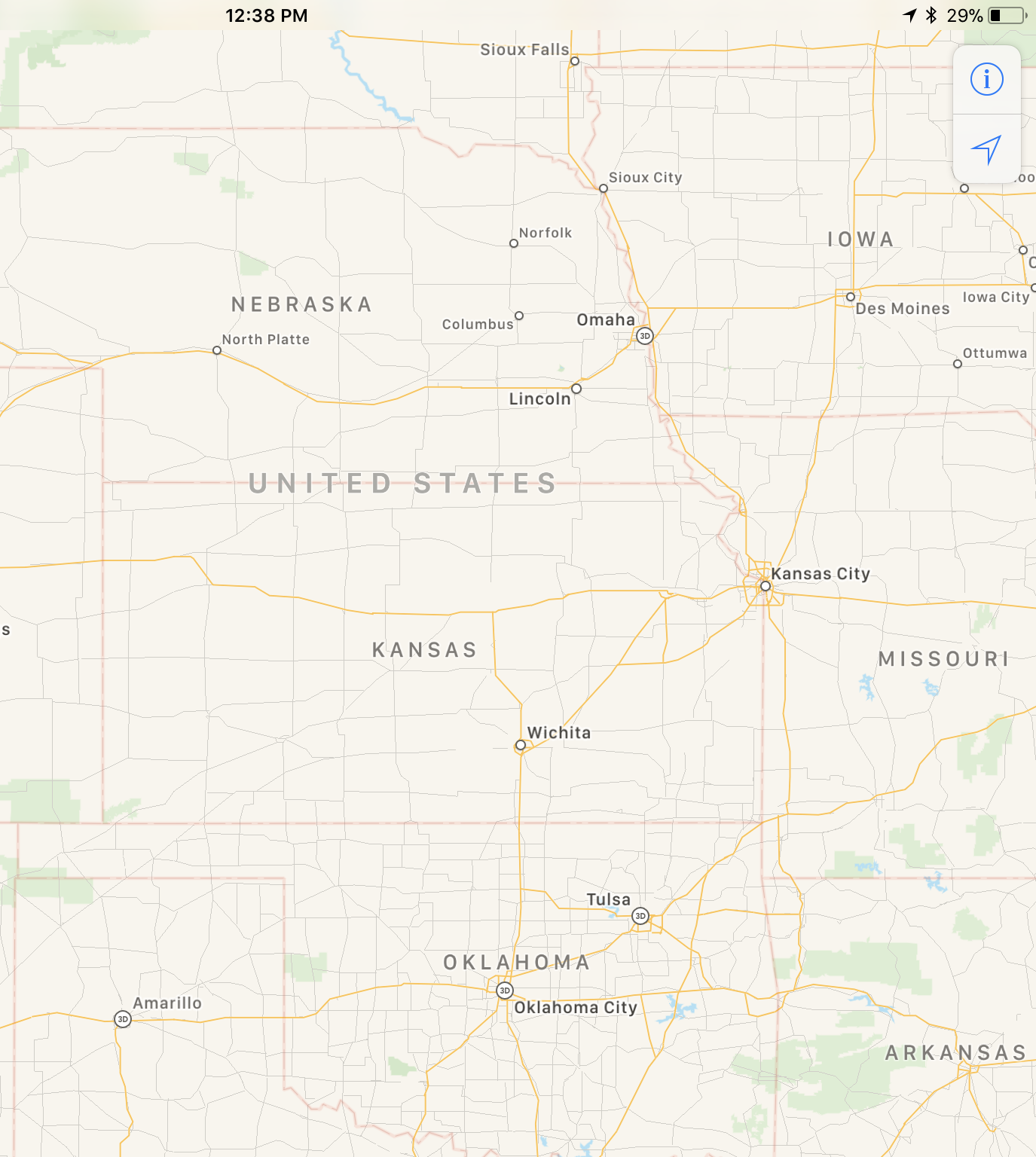The state attorney general of Pennsylvania filed a lawsuit against Uber this month after the ride-sharing app failed to tell at least 13,500 Pennsylvania Uber drivers that their information had been hacked. Pennsylvania state law states that victims of a data breach must be notified within a “reasonable” amount of time. Uber did not warn the victims that their names and driver’s license details had been hacked until a year after the incident.
Uber revealed the incident this past November stating hackers stole names, emails, and phone numbers of 57 million Uber users. They claim that there is no evidence of misuse of the stolen data and admit to paying $100,000 to the hackers in exchange for destroying the information. Pennsylvania is not the first local government to sue Uber over this matter. Washington state and Chicago have sued with more are expected to file lawsuits in the near future.
The ride-sharing company is not shy to lawsuits. Since its launch in 2009, Uber has also been battling lawsuits from its users and competitors in addition to other state governments. They have seen class action suits filed by drivers for back pay and benefits from Texas and employee misclassification from New York, Massachusetts, and California. Previous to the hacker lawsuits, Uber was sued by local governments for their weak background checks. Unlike taxi drivers, who are required to have fingerprint checks, Uber screens their drivers using just their name and social security numbers.
Uber has also been sued by passengers for discrimination, price fixing, and safety. The National Federation of the Blind filed a lawsuit against Uber for discriminating against passengers who use service animals. An antitrust lawsuit was filed against Uber for price fixing. And there have been several lawsuits against Uber’s drivers for accidents, assault, and rape. Uber has claimed that they cannot be held liable for drivers’ actions because they are contractors, not employees. This claim goes hand-in-hand with the drivers’ lawsuits for employee misclassification

